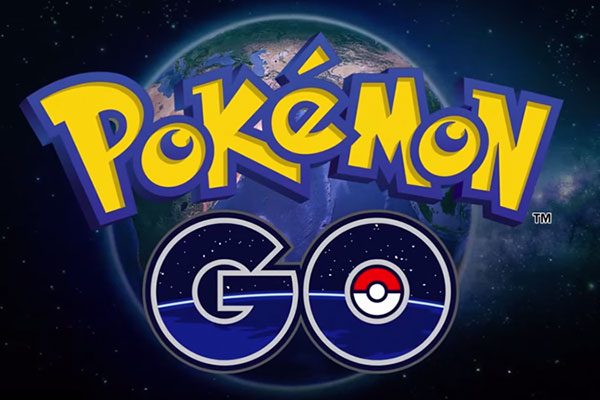Exploring the ethics behind pokémon go account sales

Mobile gaming has transformed how people perceive virtual assets and their real-world value. While players invest countless hours developing their profiles, the emergence of account trading presents complex ethical considerations worth examining thoughtfully. Mobile games implement sophisticated progression mechanics that reward dedicated players with rare items, high-level characters, and exclusive content.
Drive behind account marketplaces
Players seeking to bypass progression systems often turn to secondary markets where experienced users sell their developed accounts. This practice emerges from natural supply and demand – some player’s value immediate access to high-level content, while others see an opportunity to monetize their gaming efforts.
Virtual goods and real value
The gaming industry has evolved to recognize virtual items as legitimate digital assets. From rare collectables to powerful characters, these digital goods hold genuine value for players who view them as more than just data entries in a game server.
Examining player perspectives
- New players seeking immediate endgame access
- Veteran players looking to leverage their investment
- Casual gamers value convenience
- Collectors pursuing rare items
- Competition-focused players seeking advantages
Impact on gaming communities
Active pokemon go accounts create vibrant communities where players share experiences and achievements. When accounts change hands through sales, it affects these social dynamics and relationships built around shared progression.
Developer stance
Game creators invest heavily in designing balanced progression systems. The sale of pokemon go accounts disrupts these carefully crafted mechanics and impacts the intended player experience that developers envisioned for their community.
Economic implications
Secondary markets for virtual assets have grown into a significant economic force. Understanding the financial motivations helps explain why account trading persists despite technical and ethical concerns.

Player investment and achievement
- Time spent developing accounts
- Skill development through gameplay
- Social connections formed
- Memorable gaming moments
- Personal attachment to achievements
Authenticity in gaming
The integrity of pokemon go accounts remains central to maintaining fair play. When accounts transfer between players, questions arise about authentic achievement and the true value of earned progression. As virtual worlds expand and digital assets gain prominence, the gaming industry must address account ownership rights, transfer policies, and the balance between player freedom and g me integrity.
Technical challenges
- Account security concerns
- Fraud prevention measures
- Authentication systems
- Transaction verification
- Data protection requirements
Community impact assessment
The practice affects different player segments uniquely:
- Competitive players face fairness concerns
- Social players deal with disrupted relationships
- New players navigate complex marketplaces
- Veterans balance opportunity and ethics
Legal frameworks
Current regulations struggle to address virtual asset ownership definitively. This creates uncertainty around account sales and leaves both buyers and sellers in legally ambiguous territory.
Finding middle ground
The gaming ecosystem benefits from finding balanced solutions that respect the following:
- Player investment
- Game integrity
- Community Health
- Developer rights
- Market forces
Moving forward thoughtfully
Rather than taking extreme positions, stakeholders benefit from nuanced discussions about virtual asset ownership, player rights, and maintaining healthy gaming environments.
Establishing best practices
- Clear ownership policies
- Transparent trading guidelines
- Fair value assessment
- Dispute resolution
- Consumer protection
The ethics of account sales reflect broader questions about digital ownership, value, and authenticity in gaming. By examining these issues thoughtfully, the gaming community can work toward solutions that benefit all stakeholders while preserving the integrity of virtual achievements.
